So, you’ve got an aspiration to build a game, but aren’t entirely sure where to start. Have no fear, we’ve got you sorted!
1) Plan & spec
First things first, get a plan together. It doesn’t necessarily have to be technical, but planning mechanics, the engine, consoles and whatnot can provide a good platform to launch off of.
If you haven’t already, coming up with a name for your game and thinking about how you want to present it can help garner interest when it comes to getting in team members and advertising your pre-development stages.
One last thing that’s worth doing is prototyping. If you’ve got the skills required, it may be worth implementing some of the mechanics in a cheap and cheerful way to begin the iterative process of analysing and refactoring core mechanics.
2) Get team members together
You’re going to need team members to help you out, and here’s a good starting point for deciding who and what you’ll need most.
Programmers
Programmers are pretty important to any game, and you’re going to need experienced ones to get down into the nitty-gritty of the codebase that forms your game. Programmers can often help with more than just coding though, by providing debugging support and QA testing.
Artists
From concept art that sets the feel and direction of the game, through to 3D assets that appear in the final release, artists are key to creating a quality game with an identity. Artists will work with almost all the members of the team to ensure the game’s visuals deliver. You may need more than one artist, splitting up 3D Artists who create the assets used in the game and traditional artists who create concept art or things like 2D backgrounds. It can sometimes help to use open source assets such as those found at OpenGameArt.org.
Sounds Designers
While you’re free to use open source and free sound assets such as from Freesound.org it’s still always important to get dedicated sound designers in to boost the quality of your production. Sound designers will be responsible for creating all the sound effects in your game, and for the music, you may find it necessary to hire a dedicated composer.
Writers
It’s a common mistake to leave the writing of scripts, lore and dialogue to team members who have a little free time, but this can doom a game if the quality isn’t there. Afterall, who wants to play a game if the story or dialogue is rubbish? Instead, it’s best to get an experienced individual who knows what they’re doing and won’t let grammatical mistakes slip through to the release version of your game.
Want to form a team and build your game for free? Check out Crowdsourcer.io
3) Get to it
There’s no time like the present. Once you’ve got your team members together, strike while the iron is hot and get going. Bring together your teammates and your project management tools of choice and get started. If you’re not entirely sure about the project management side of things, check out this article, from which is a short list of tools to get you going.
Task management tools
Communication tools
- Slack
- Mattermost (Self-hosted)
- Stride (formerly Hipchat)
- Hangouts
I hope this has been a good quickstart guide to help you get going on your game. If this was useful or if you want to show off what you and your team have managed to achieve, then drop a comment or hit me up!

1 comment